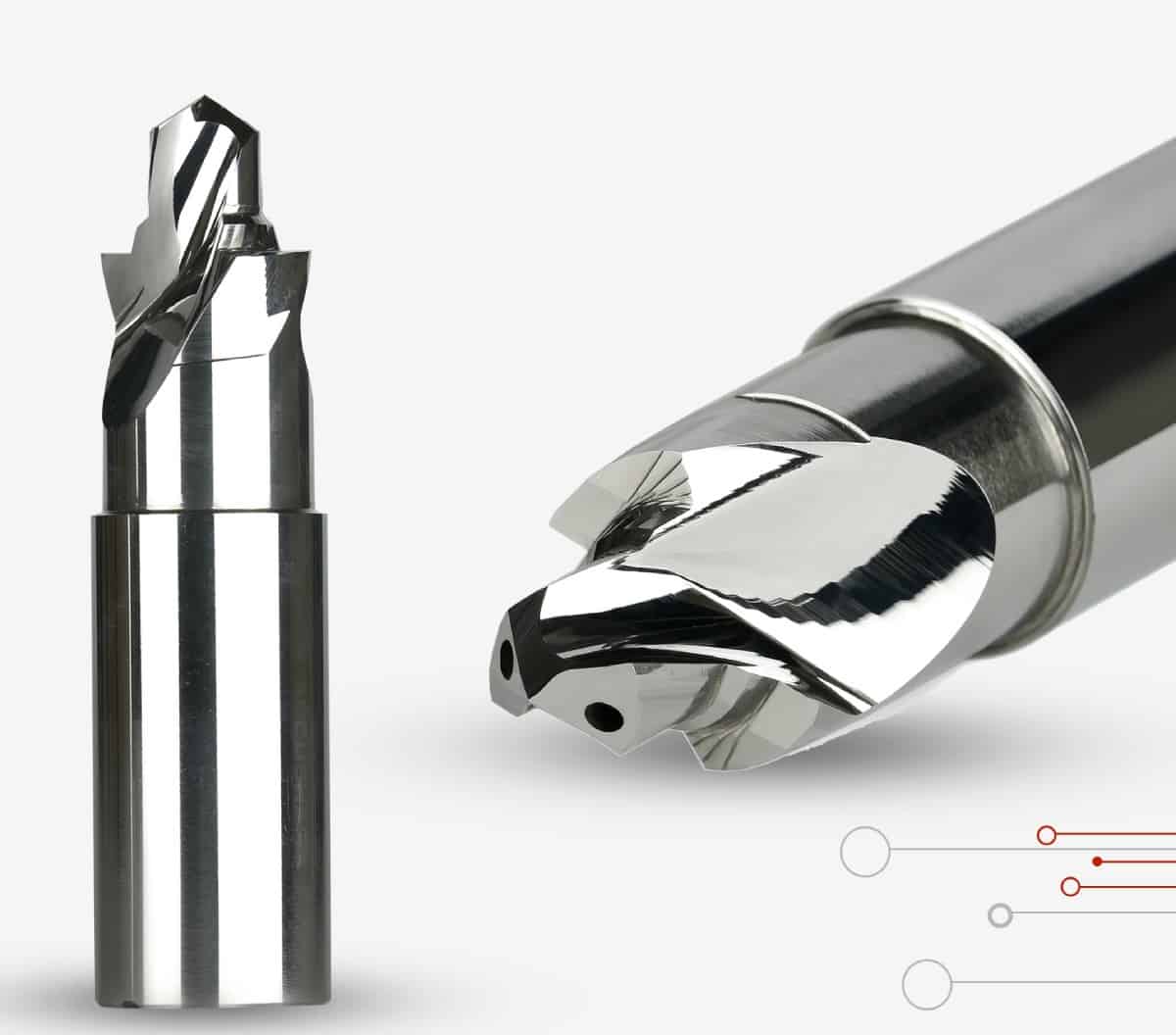Selecting the right drill bit is a critical step in achieving successful drilling results. With numerous drill bit types, materials, and sizes available, it can be overwhelming to choose the most suitable one for your specific job. In this blog, we will provide you with a comprehensive guide to finding the right drill bit for your project, ensuring efficient and precise drilling operations.
Understand Your Drilling Needs
- Material Type: Identify the material you need to drill into, whether it’s wood, metal, masonry, or a combination of materials. Different materials require specific drill bits designed to handle their properties.
- Drilling Application: Determine the purpose of the drilling. Are you creating pilot holes, enlarging existing holes, or drilling through thick materials? Each application requires a different type of drill bit.
Explore the Different Types of Drill Bits
- Twist Drill Bits: These are the most common drill bits, suitable for drilling into various materials, including wood, metal, and plastic. Twist drill bits come in various sizes and are ideal for general-purpose drilling.
- Masonry Drill Bits: Designed with a carbide tip, masonry drill bits are perfect for drilling into concrete, brick, and stone. They have a unique flute design for efficient debris removal.
- Spade Drill Bits: Spade or paddle bits are used primarily for drilling large-diameter holes in wood. They have a flat, wide head and are suitable for rough drilling tasks.
- Forstner Drill Bits: Forstner bits are ideal for creating clean, flat-bottomed holes in wood. They are excellent for drilling holes at precise angles and overlapping holes.
- Step Drill Bits: Step drill bits are suitable for drilling holes of various sizes without the need for changing bits. They are perfect for thin materials like sheet metal.
Consider Drill Bit Material
- High-Speed Steel (HSS) Bits: HSS bits are versatile and suitable for drilling into most materials. They are cost-effective and retain their hardness at high temperatures.
- Carbide-Tipped Bits: Carbide-tipped bits are exceptionally hard and ideal for drilling into abrasive materials like concrete and masonry. They offer extended durability and faster drilling speeds.
- Cobalt Drill Bits: Cobalt bits are known for their heat resistance and are suitable for drilling into tough materials such as stainless steel and cast iron.
Select the Right Size
- Match the Bit Diameter to Your Project: Ensure the drill bit’s diameter matches the size of the hole you need to create. Using the wrong size can result in imprecise drilling.
- Consider the Shank Size: Check the drill bit’s shank size to ensure it fits your drill’s chuck properly. Using the correct shank size prevents slippage and improves drilling efficiency.
Safety and Maintenance
- Wear Appropriate Safety Gear: Always wear safety goggles and gloves when drilling to protect your eyes and hands from debris and potential hazards.
- Keep Bits Clean and Sharp: Regularly clean drill bits after use to prevent debris buildup and maintain their sharpness. Dull bits can lead to inefficient drilling and may cause damage to materials.
Conclusion
Finding the right drill bit for your job is a crucial step in achieving precise and efficient drilling results. Understanding your drilling needs, exploring the different types of drill bits available, considering the material, and selecting the right size are all essential factors in making the right choice. By following these guidelines and prioritizing safety and maintenance, you can ensure successful drilling operations and achieve the desired outcomes for your projects.


